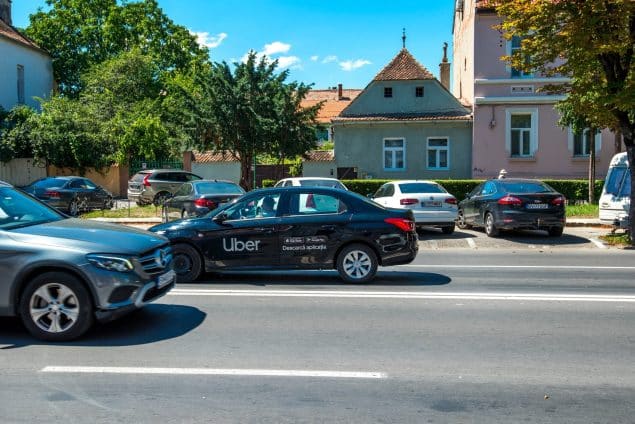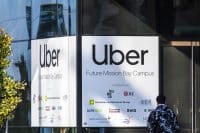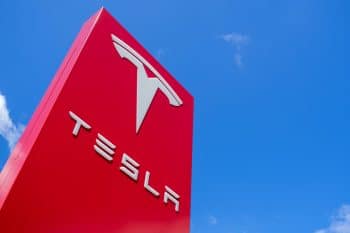Home » US business news • US Employment News » California Supreme Court upholds Uber drivers’ right to sue
California Supreme Court upholds Uber drivers’ right to sue
https://www.whatjobs.com/news/usa/us-business-news/california-supreme-court-upholds-uber-drivers-right-to-sue

By Nithya Bose in US business news, posted July 18, 2023

The California Supreme Court has rejected Uber's argument over restricting its drivers' ability to bring employment-related disputes to court.
In a case by driver Erik Adolph against Uber, the company contended Adolph's signed arbitration contract prevented him from leading a case on behalf of other drivers.
However, the court unanimously ruled Adolph could not waive his right to represent his peers in a class-action lawsuit.
Read More: Uber cuts 200 recruiters in cost-saving move
The decision revolves around California's Private Attorneys General Act (PAGA), which empowers workers to sue on behalf of the state for labor law violations.
Uber's argument, if upheld, would have limited the scope of PAGA.
Employer groups closely followed the case, expressing concerns more lawsuits would happen if the court ruled in favor of Adolph.
This decision follows a 2022 ruling by the US Supreme Court in Viking River Cruises Inc. vs. Moriana, where the high court reached the opposite conclusion, deeming PAGA a violation of employers' rights.
However, Justice Sonia Sotomayor's separate opinion stated that the matter should be determined by California state law.
Read More: EU court rules against Meta’s data collection in Germany
The California Supreme Court's ruling aligns with previous decisions, affirming the right of employees to sue over employment-related disputes despite arbitration agreements.
Justice Goodwin H. Liu wrote that “an order compelling arbitration of the individual claims does not strip the plaintiff of standing as an aggrieved employee to litigate claims on behalf of other employees under PAGA.
“The question here is whether an aggrieved employee who has been compelled to arbitrate claims under PAGA ... maintains statutory standing to pursue ‘PAGA claims arising out of events involving other employees.”
Uber's attorney, Theane Evangelis, said the company is considering appealing the decision to the US Supreme Court.
Need Career Advice? Get employment skills advice at all levels of your career
He argues it contradicts the ruling in Viking River and undermines the Federal Arbitration Act.
The original lawsuit filed by Adolph in 2019 allegedhe was misclassified as an independent contractor while working as an Uber Eats delivery driver.
He claims it resulted in improper payment under the California Labor Code's minimum wage and overtime regulations.
California Attorney General Rob Bonta's office supported Adolph's position, saying PAGA aimed to address the under-enforcement of labor laws that disproportionately affected vulnerable workers.
Under PAGA suits, monetary recoveries are divided between employees and the state Labor and Workforce Development Agency, with the government receiving 75 percent of the funds.
Follow us on YouTube, Twitter, LinkedIn, and Facebook.














